How Gen Zs are Dealing with Mental Health in the Digital Age
For many of Gen Zs, social media is both a lifeline and a landmine. It’s where we connect, express, and escape and also where anxiety, comparison, and loneliness quietly take root. The same platforms that give us a voice can also drown it out with unrealistic standards, misinformation, and the pressure to always be “on.”
Growing up online means our self-worth is often entangled with likes, comments, and curated images. We scroll through highlight reels, comparing our behind-the-scenes to everyone else’s best moments. This constant exposure can lead to feelings of inadequacy and low self-esteem. Studies have shown that excessive social media use is linked to increased rates of depression and anxiety among young people.
In response to these challenges, many of us are turning to technology for support. AI-powered chatbots and virtual therapy apps offer immediate, judgment-free spaces to vent and seek advice. They’re accessible anytime, which is crucial when traditional mental health resources are out of reach. Some users find comfort in these digital companions, feeling heard and understood without fear of stigma.
However, relying solely on AI for mental health support has its drawbacks. While these tools can provide temporary relief, they lack the empathy and nuanced understanding that human therapists offer. There have been concerns about the potential for AI to misinterpret or inadequately address complex emotional issues. It’s important to recognize that while technology can be a helpful supplement, it shouldn’t replace professional care.
Navigating mental health in the digital age requires a balanced approach. We need to be mindful of our online habits, curate our feeds to include positive influences, and set boundaries to protect our well-being. Engaging in open conversations about mental health, both online and offline, can help reduce stigma and encourage others to seek help.
Ultimately, our generation is redefining how we approach mental health. It’s okay to seek help, to take breaks, and to prioritize our mental well-being. In doing so, we not only help ourselves but also pave the way for a more understanding and compassionate society.




